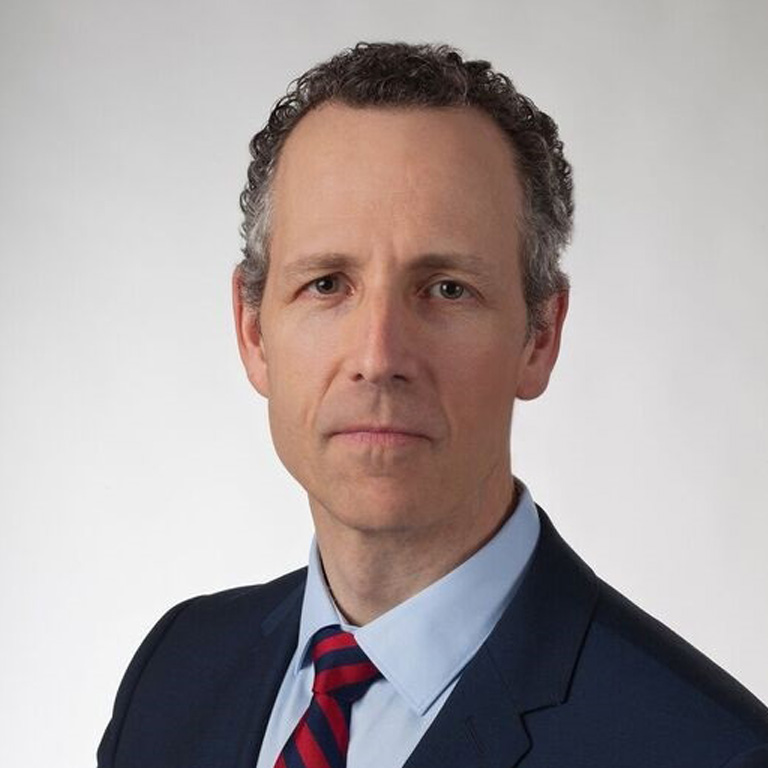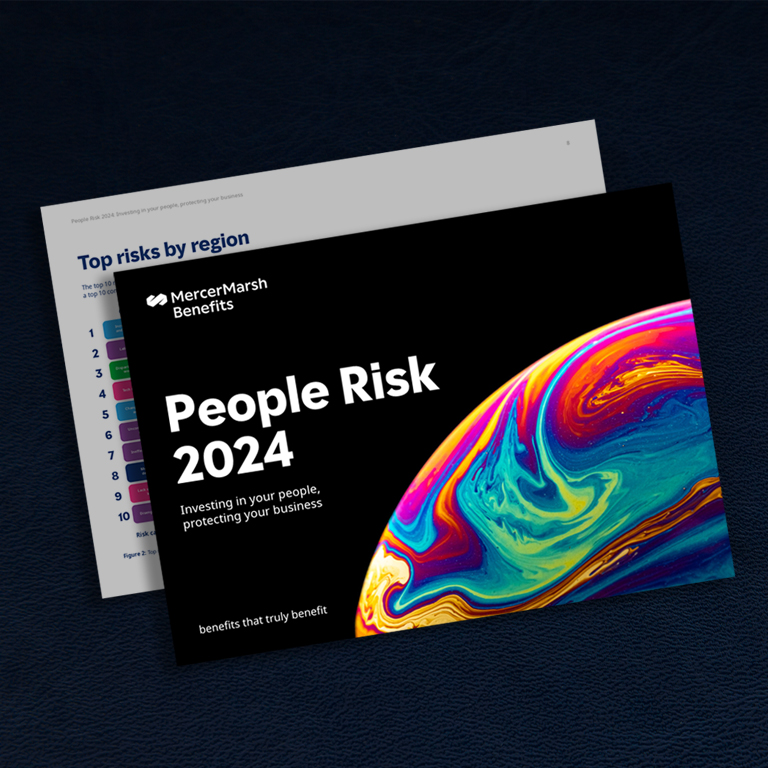By, Guy Vachon and Julia Velasquez ,
01/09/2022 · 6 min read
According to our Global Talent Trends research, people are more likely to accept a job offer from, or stay at, an organization that is empathetic and enriching, fosters a sense of belonging and creates connections with its purpose. Many organizations should urgently reimagine the employee experience to be successful at attracting, retaining and inspiring talent.
Building a strong employee value proposition (EVP) aligned with an organizational strategy is imperative for firms that want to recruit high performers while energizing and retaining the current workforce.
The People Risk report 2022 found that that 83% of HR and risk managers across Middle East and Africa (MEA) agree that talent practice exposures are a serious threat to business. The changing nature of work ranked #5 out of all 25 people-related risks, both for MEA and globally.
Challenges to navigating new business models and technology should force a refresh of the employee experience, with a focus on flexible policies and procedures to support an increasingly diverse workforce.
Firms are grappling with issues surrounding hybrid working, use of contractors and technology adoption, along with innovation and workforce management.
The MMB 2022 People Risk research found that the greatest barrier to addressing talent risks is “difficulty in managing personal behaviors,” which is common in situations of rapid change and evolution and where competencies such as adaptation, resilience and working effectively despite uncertainty become imperative.
Companies should challenge the status quo and consider how employee benefits and support programs can enable these competencies, thereby serving as an expression of the company’s values.
Our Global Talent Trends research showed that 62% of employees would not join a company unless they could do remote/hybrid work, and 72% of HR leaders are acutely concerned with the deterioration of culture as hybrid working gets scaled.
Despite this, our People Risk research encompassing the views of HR and risk professionals revealed that less than half of organizations surveyed have effective policies and support systems to enable remote, hybrid or other flexible ways of working. This is a problem given how the absence of such programs could lead to a deterioration of work/life balance, an increase in absenteeism and presenteeism, erosion of company culture and increased data security threats. Employers should adapt and continue to find ways to meet the unique needs of employees, who otherwise will find work elsewhere.
Firms should also redesign benefits to fit a more diverse employee market and create well-being programs and benefits that connect with colleagues’ pride and purpose. In the past, flexible plans were centered on different life stages, but real personalization is far more comprehensive. HR and risk teams should also look at benefits through the lens of vulnerable populations and consider personal circumstances, such as values, life goals and family responsibilities, to be inclusive.
Employees are less likely to leave their jobs when they feel supported. In fact, in our Health on Demand research, more than half of employees (54%) surveyed globally place the ability to customize benefits packages to meet their personal needs as a priority.
Organizations trying a more human-centered approach would be well advised to ensure that basic needs are being met and well-being is not overlooked. During the pandemic, we witnessed the impact of health coverage gaps; for example, people not having coverage for basic primary or preventive care or even sick leave. To create a culture of well-being and resilience, employers should:
Efforts to build a solid, people-centered foundation will not go unrecognized. A key factor here is making sure leadership rewards are aligned with people risk management values and priorities. As the scope of executive performance goals evolves beyond financial performance to broader stakeholder concerns, workforce health should be considered.
For those organizations looking to seize the risk mitigation opportunities that employee health and benefits programs bring, there is an opportunity to:
Our Global Talent Trends research shows that one in three employees would give up a pay increase to gain more benefits for themselves and their families. As organizations modernize their EVPs, employee benefits provide an attractive source of differentiation.

Partner, Mercer Marsh Benefits

National Benefits Consulting Manager (Vice President), Marsh

Report
22/04/2024